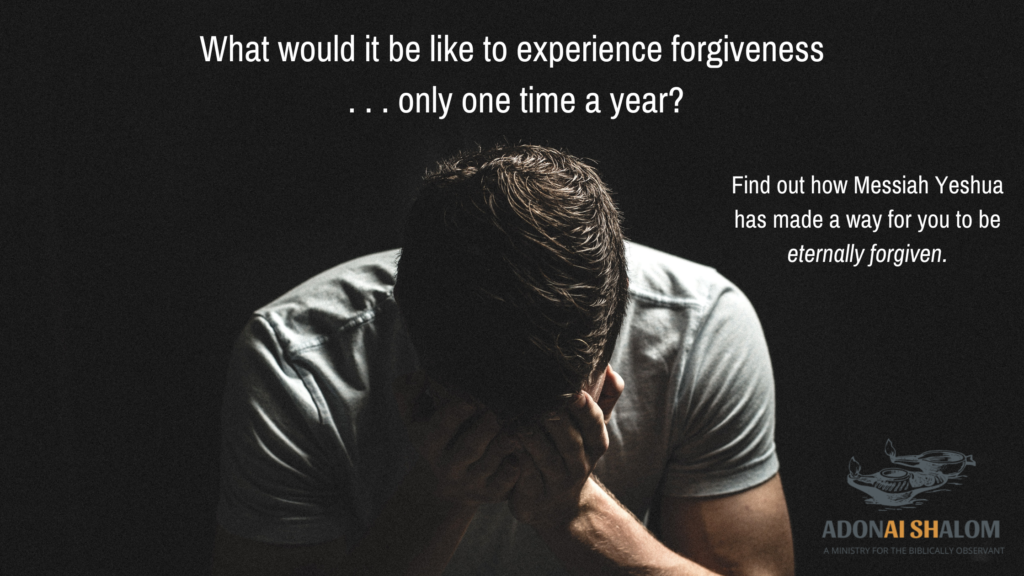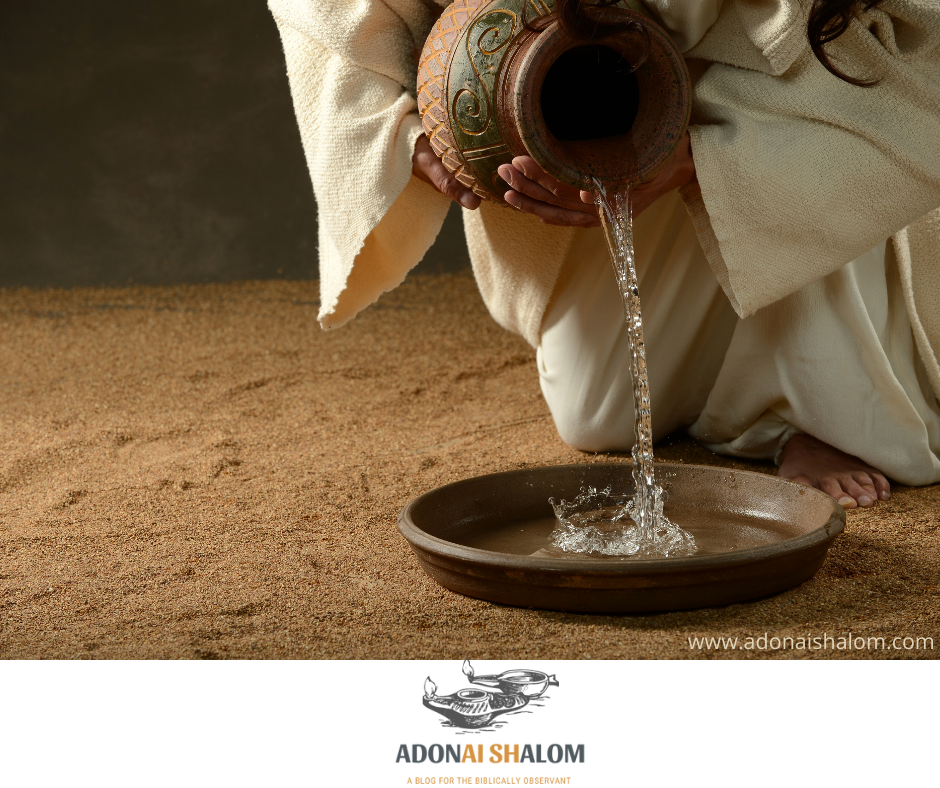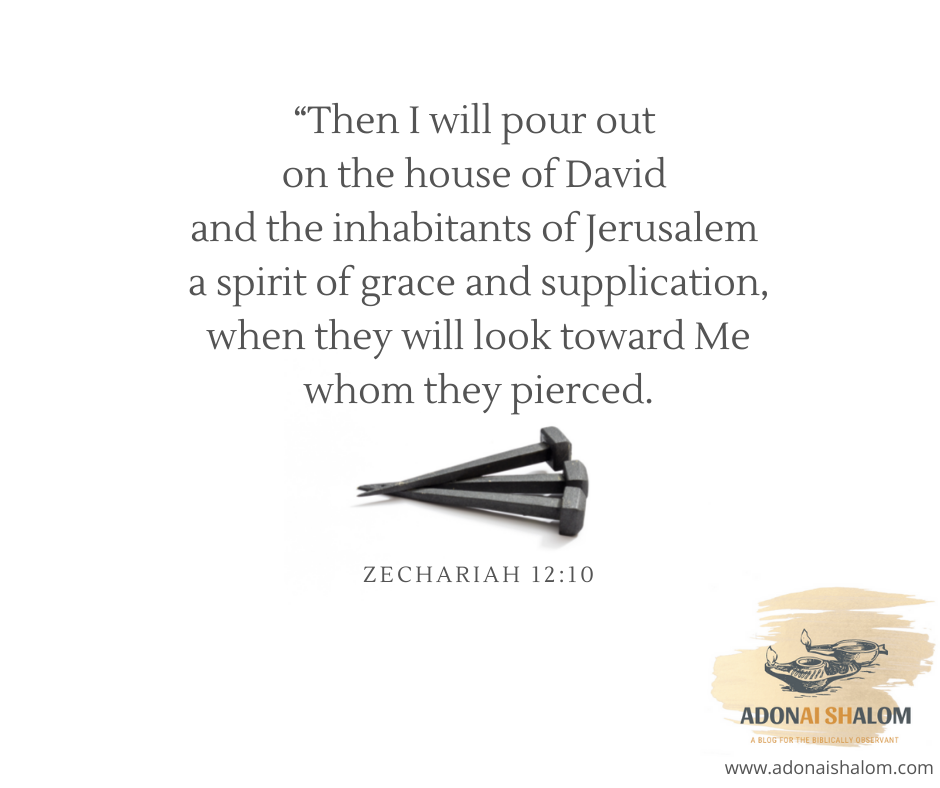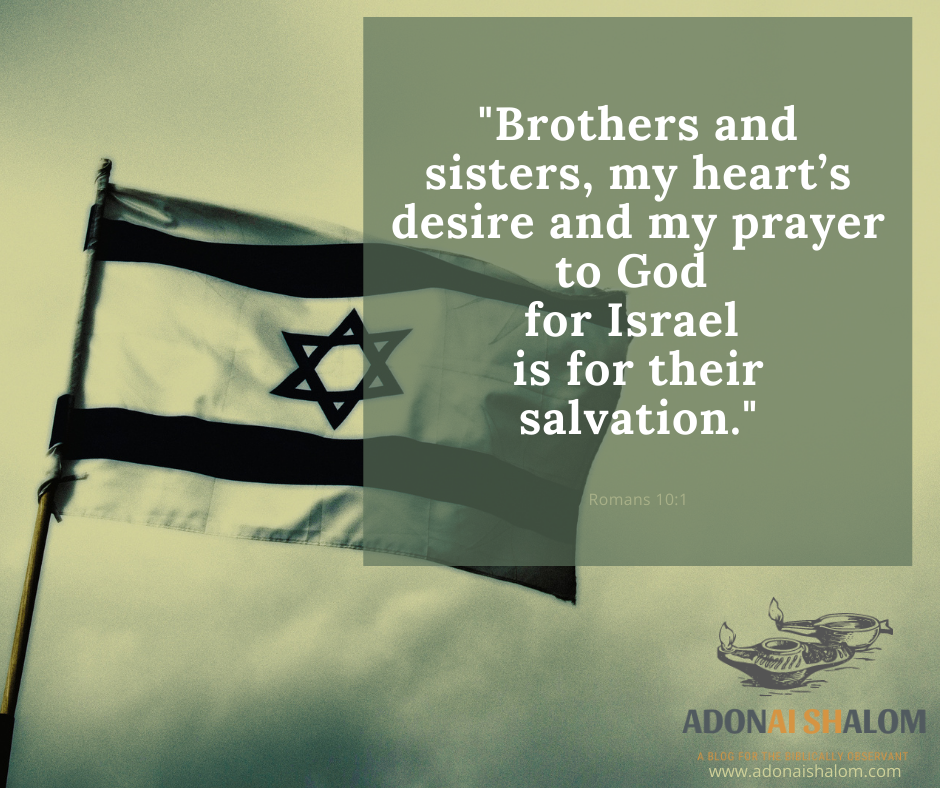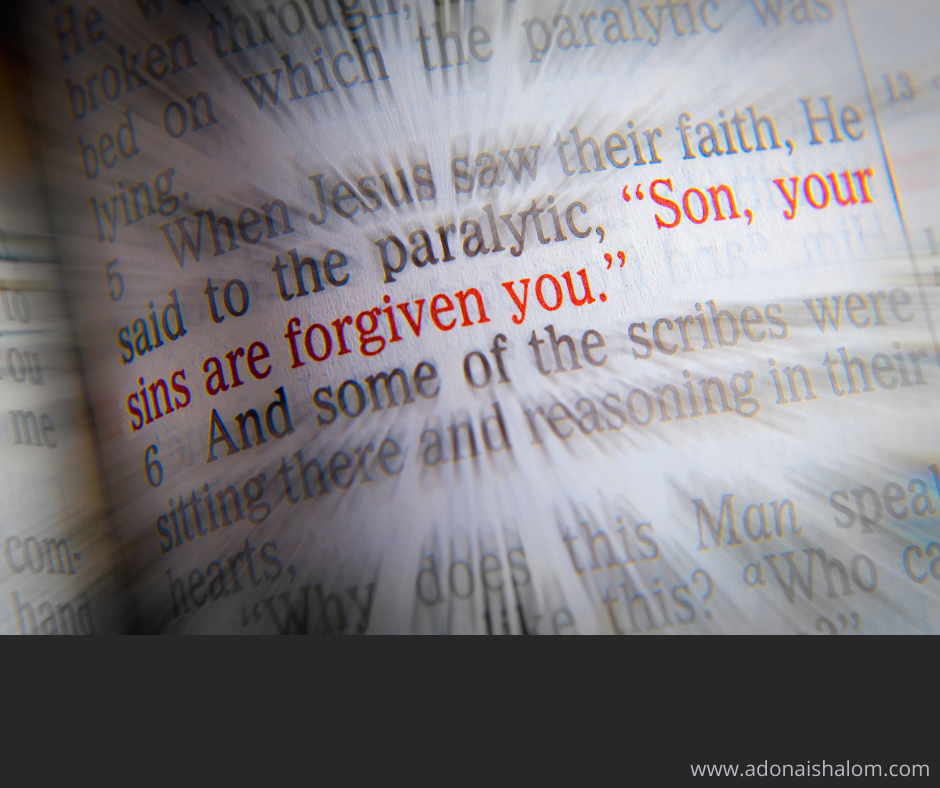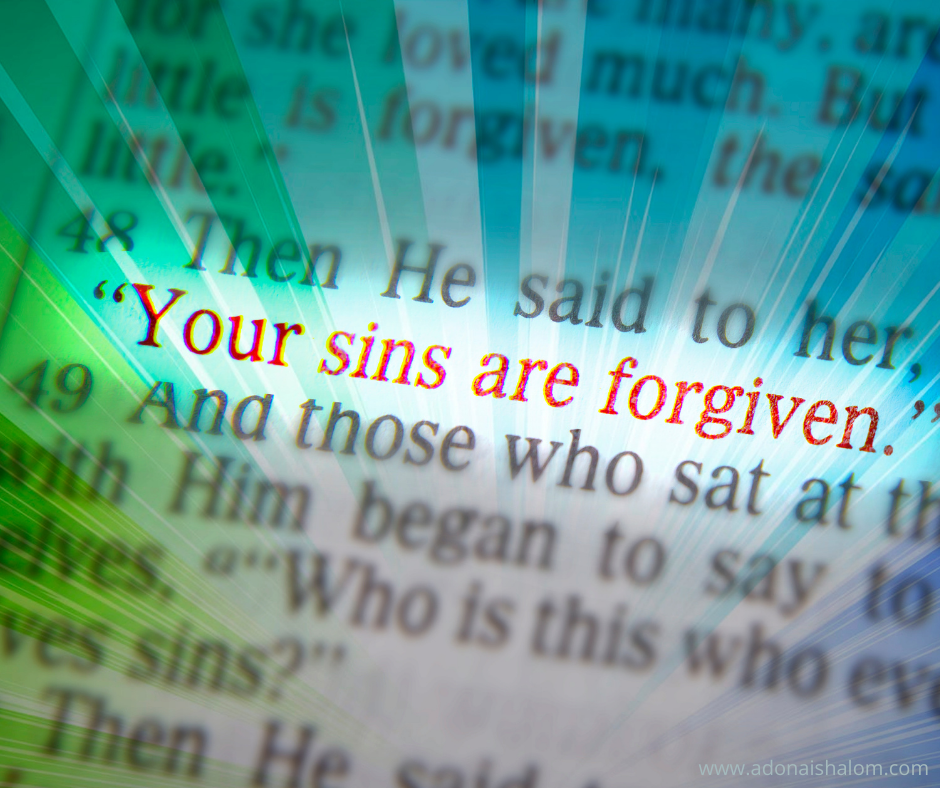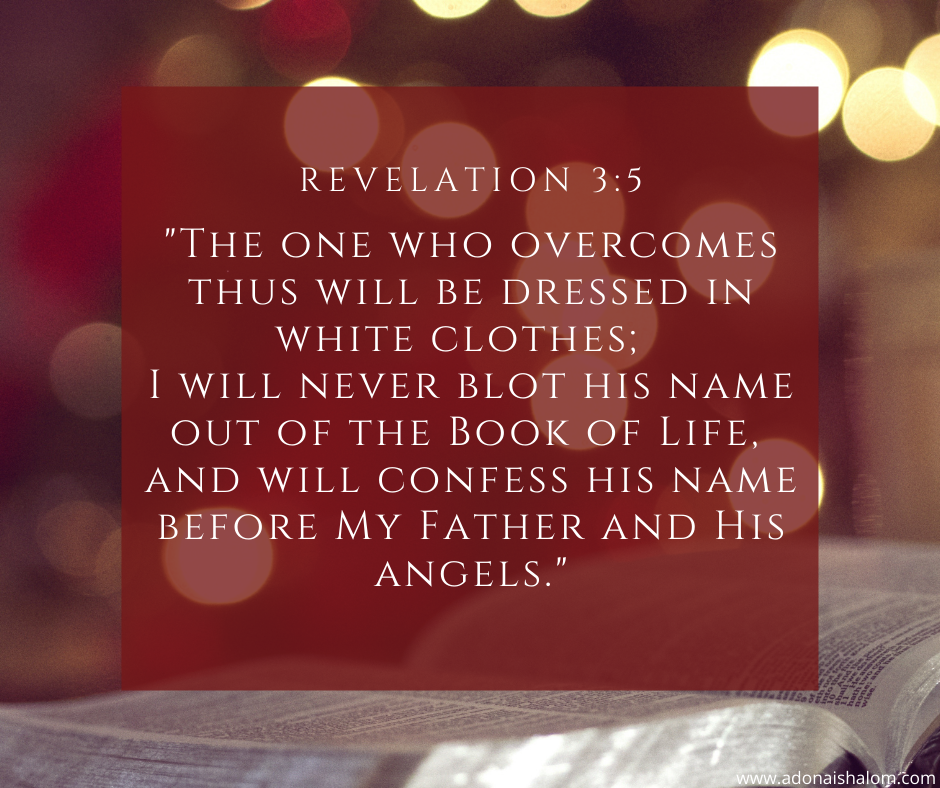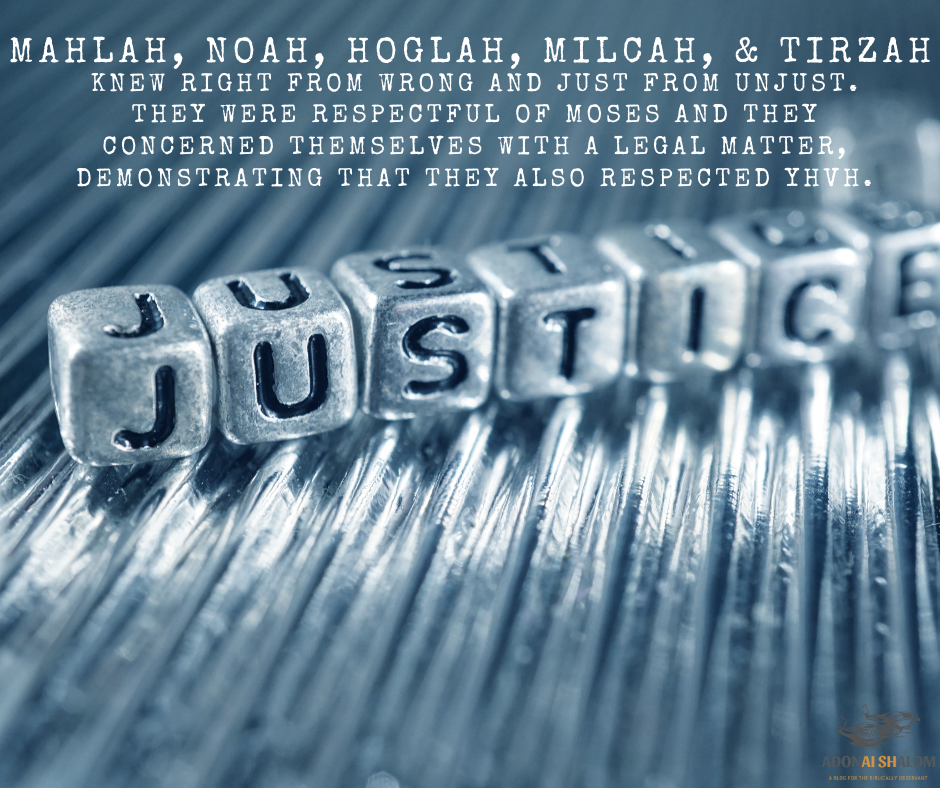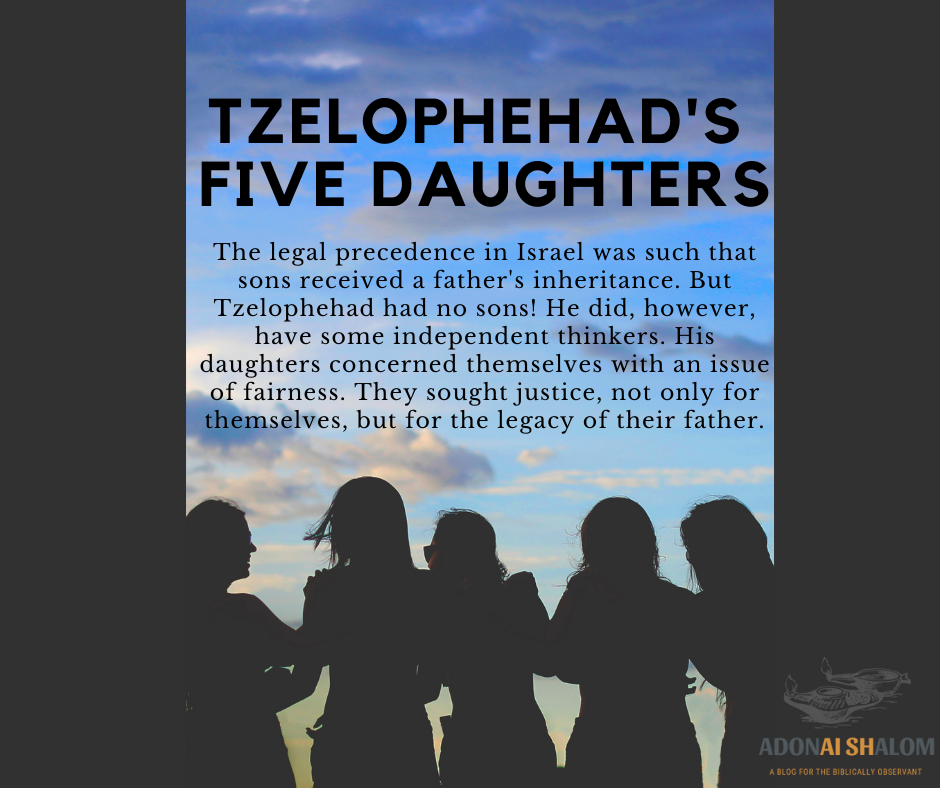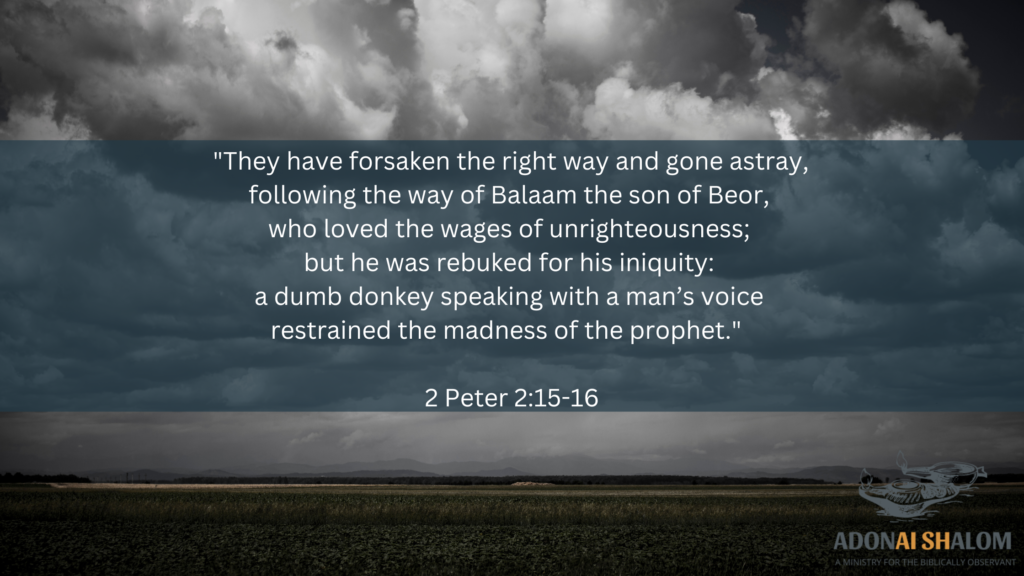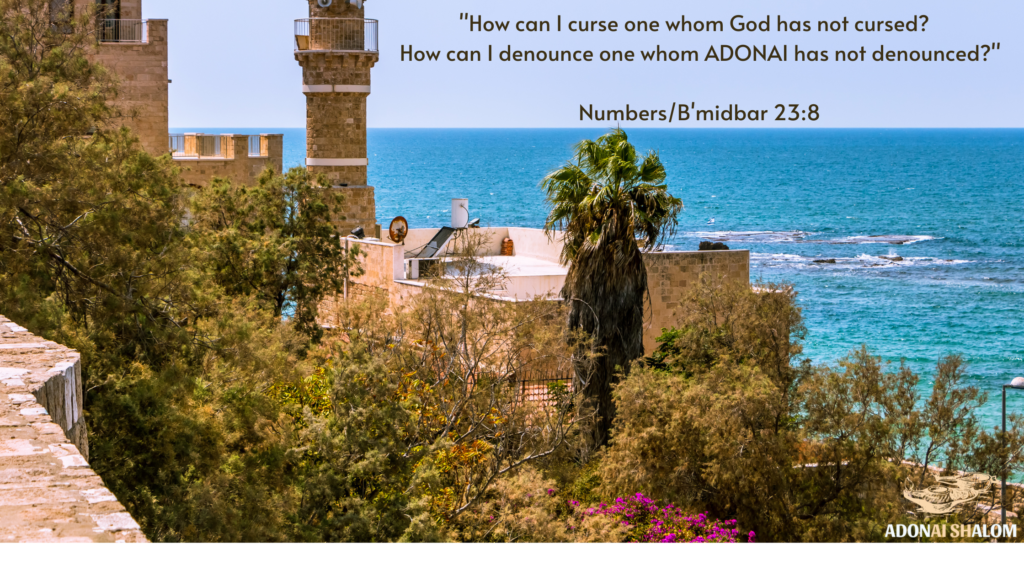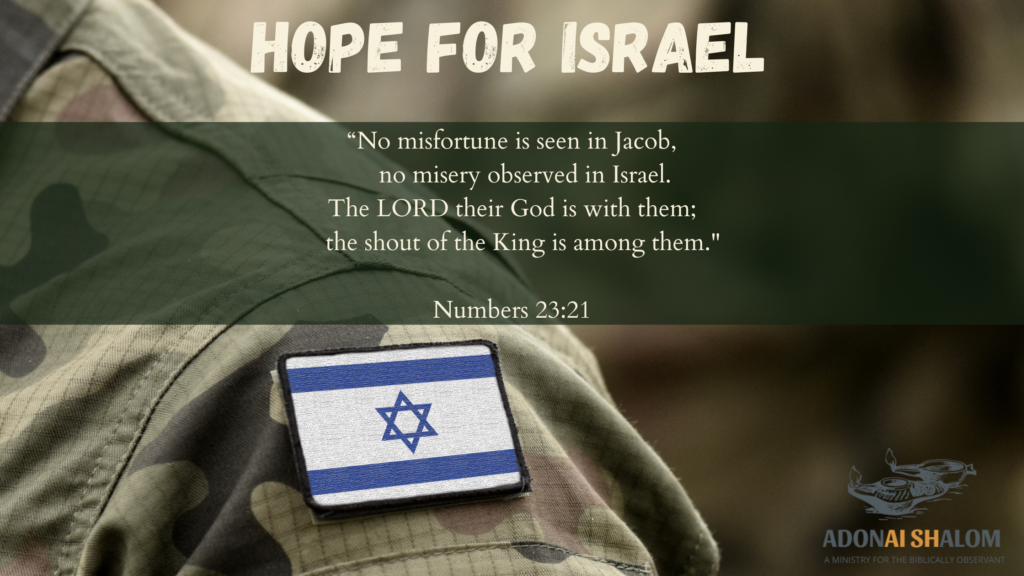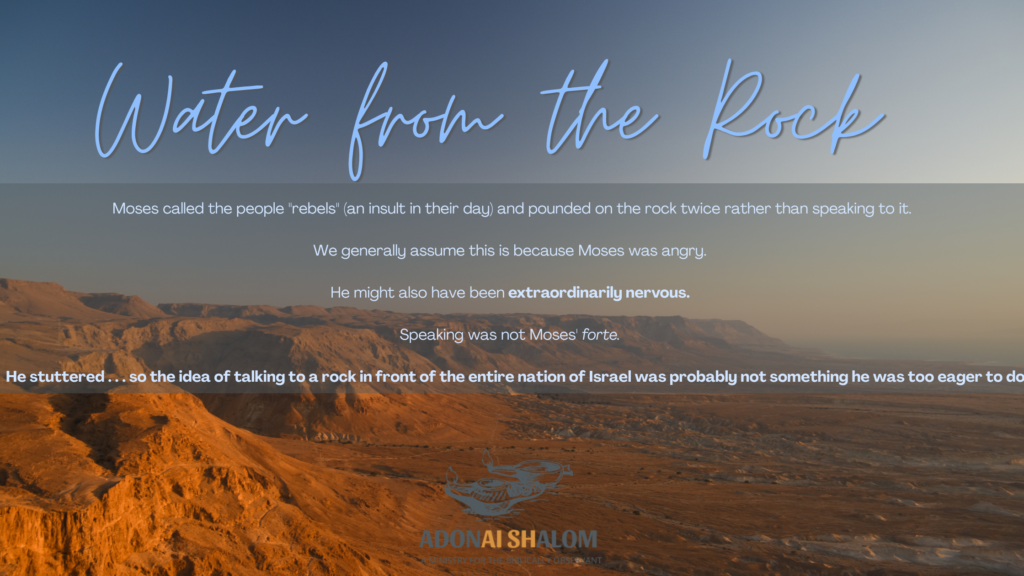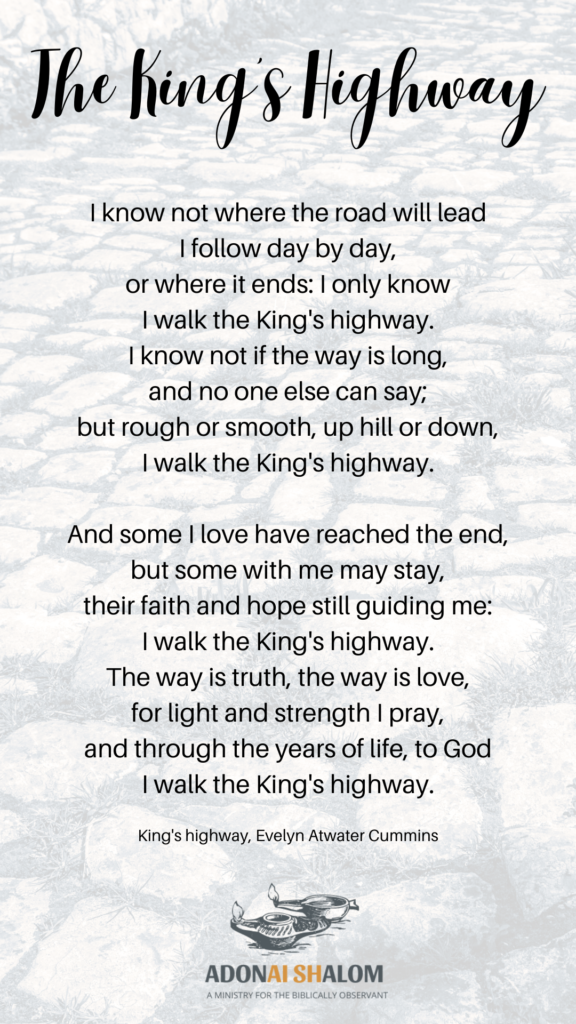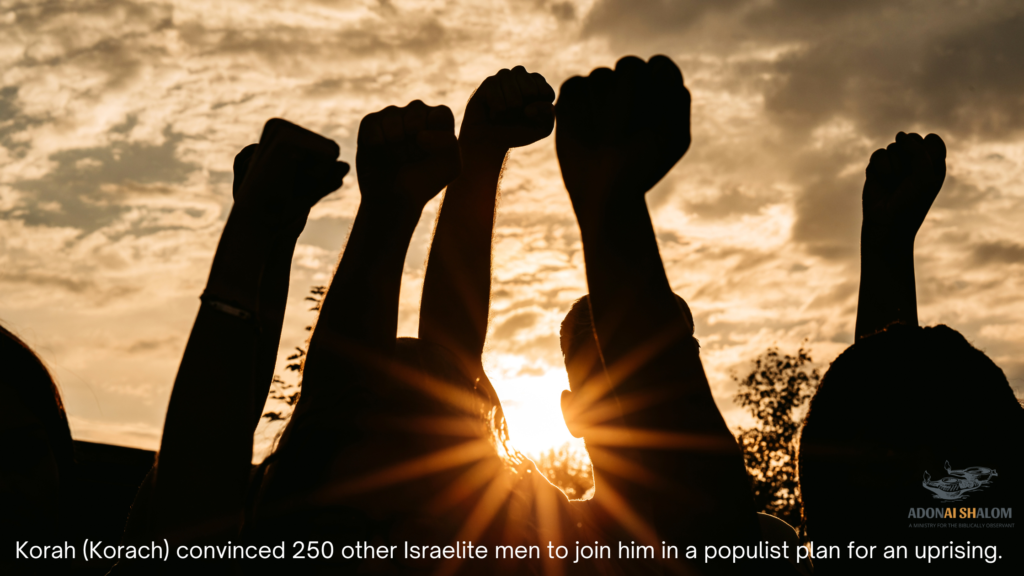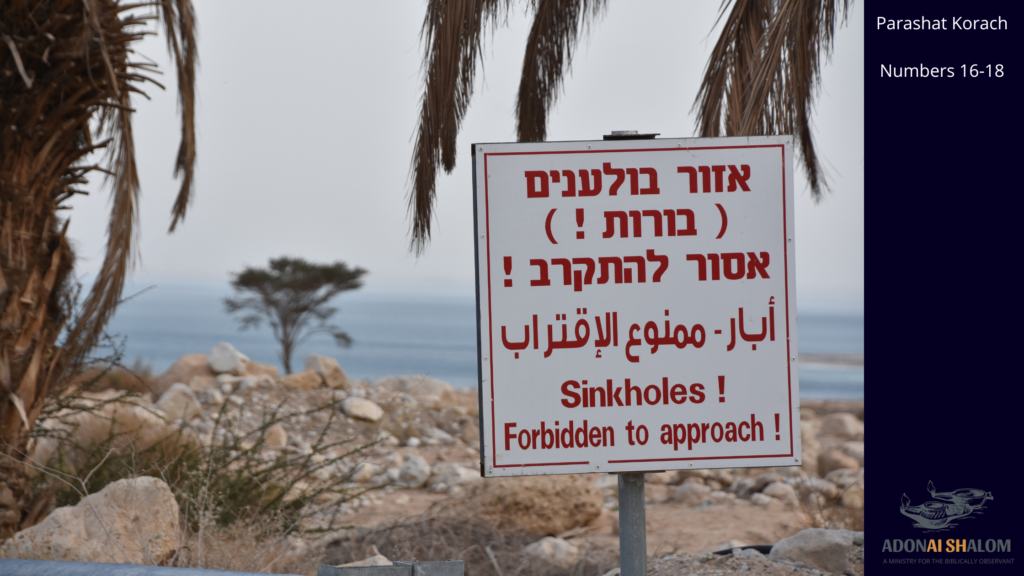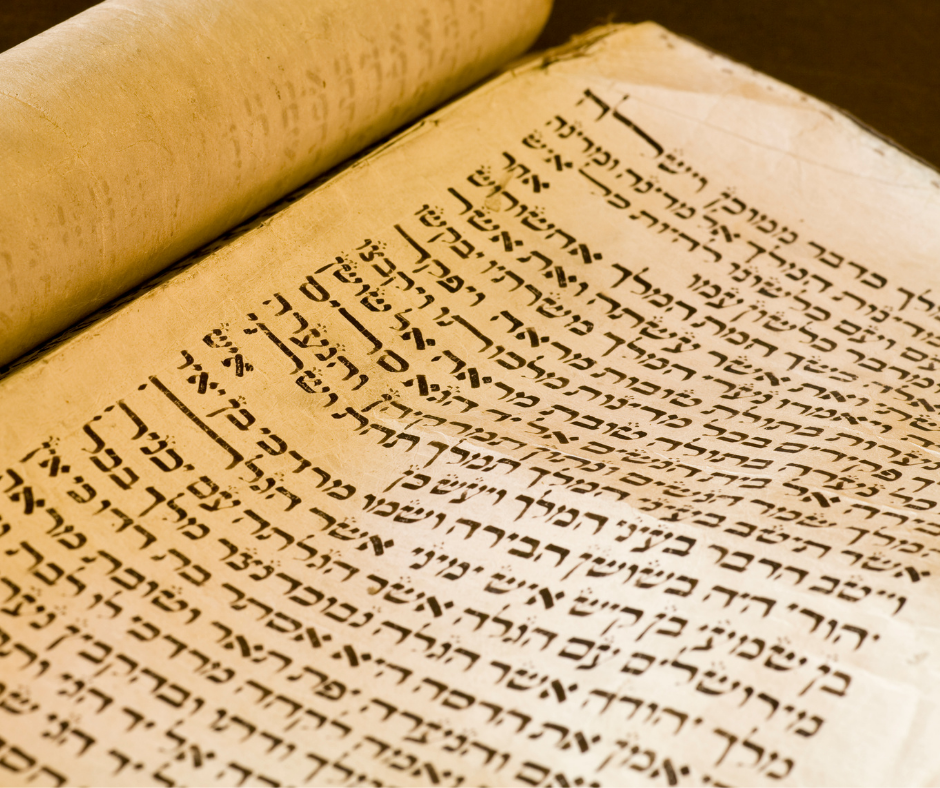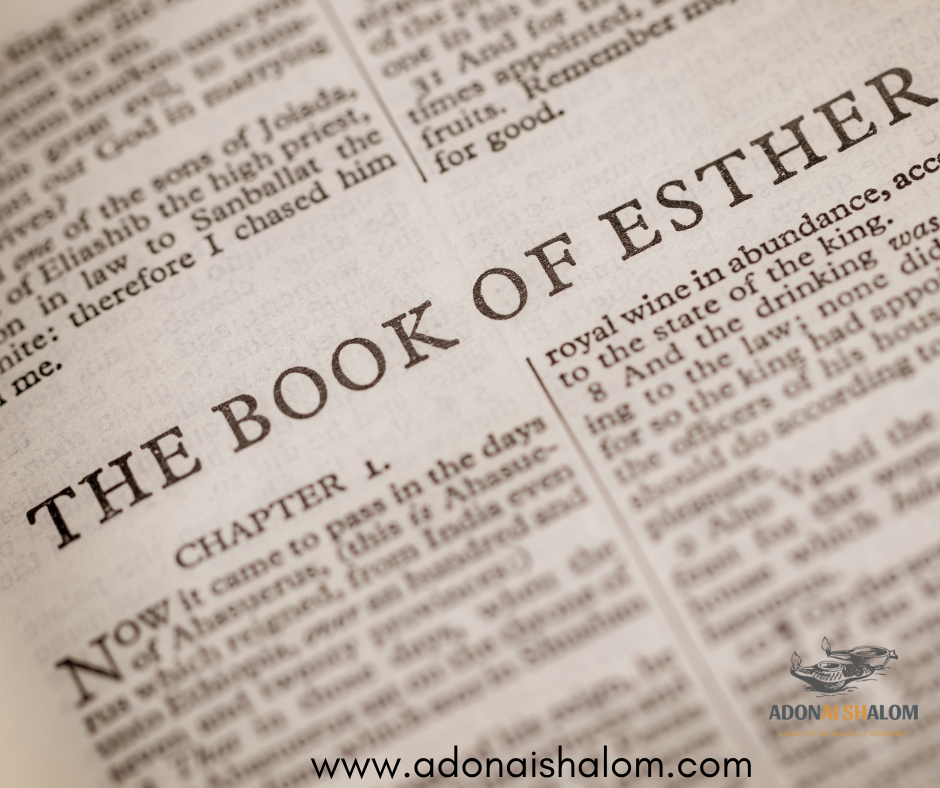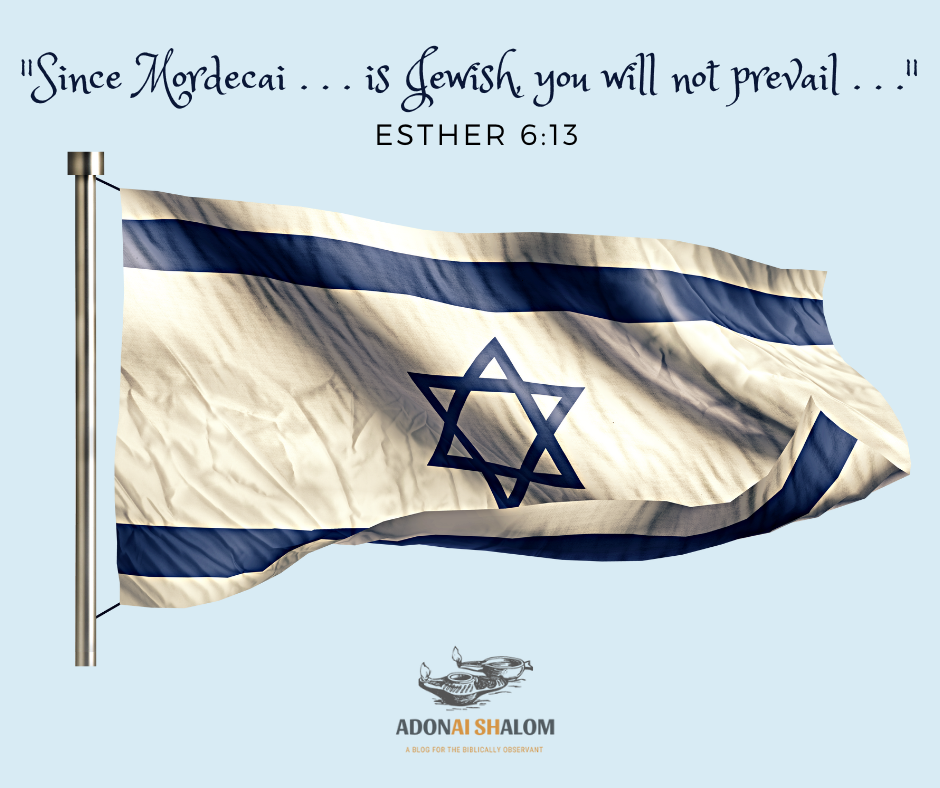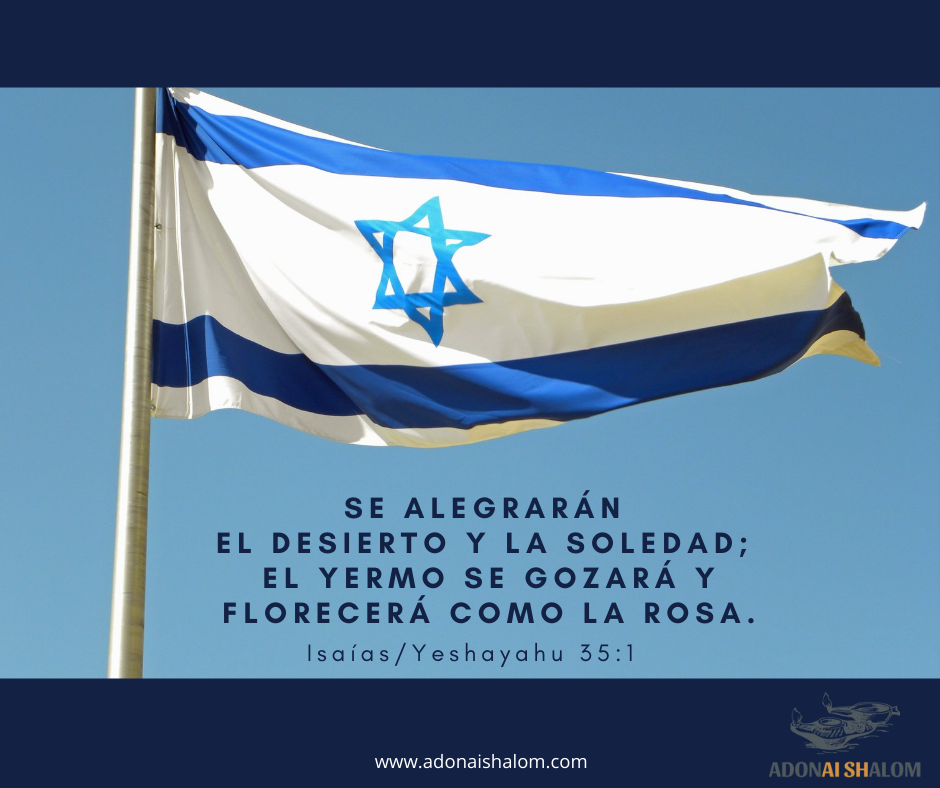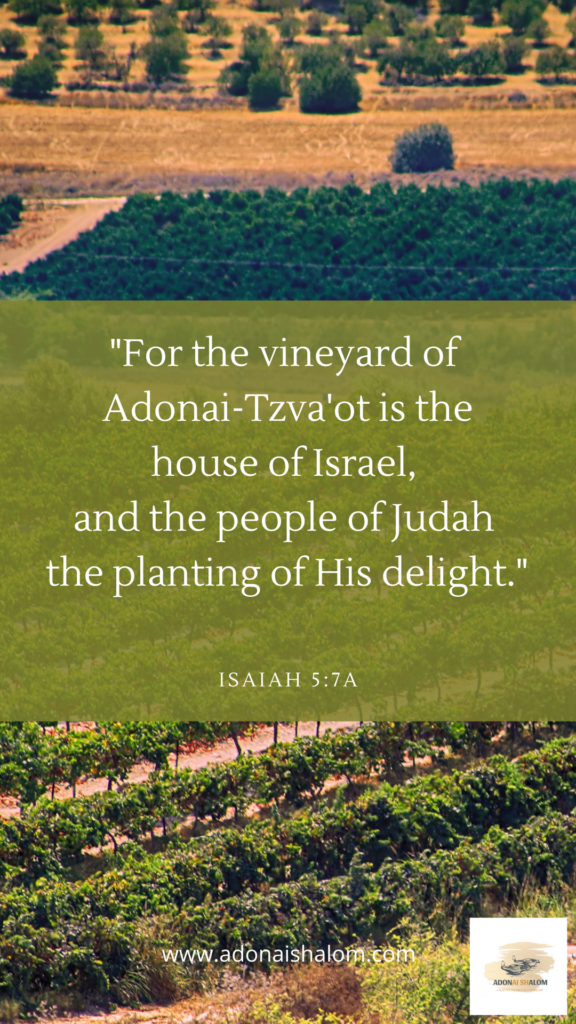How our family celebrates the Feast of Tabernacles
I love Sukkot (the Feast of Tabernacles) because it gets us outside and is a genuine change in our routine. This year, the boys built a fire pit so the whole family can stay warm during the chilly evenings and, of course, make Sukkot S’mores.
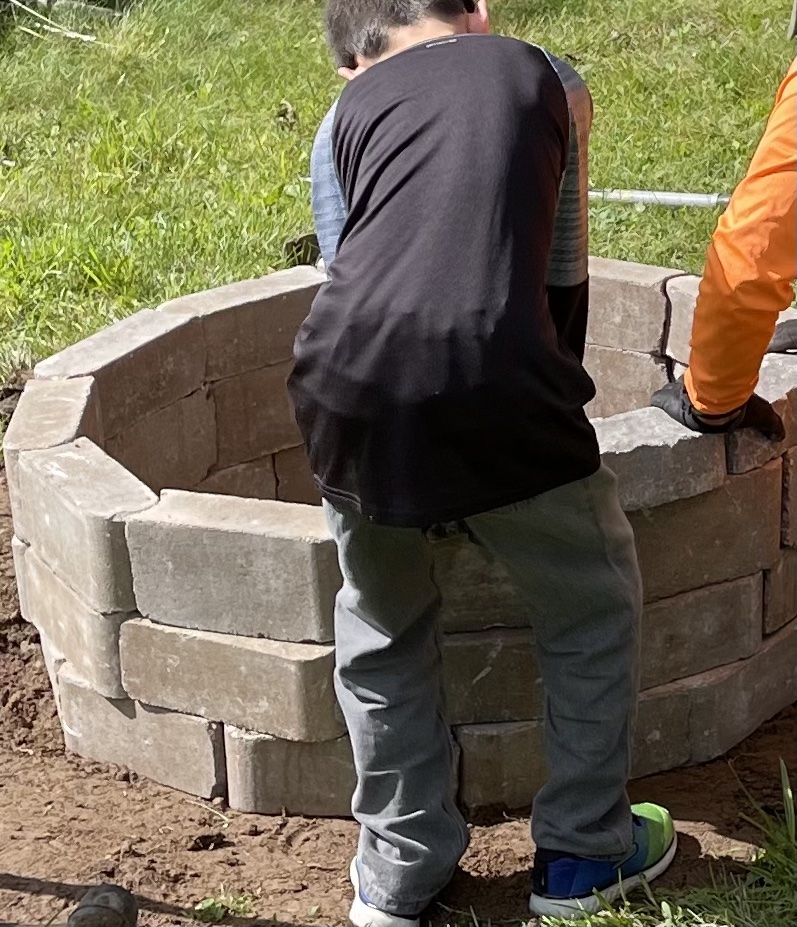
Be sure to include your children in every aspect of the preparation and actual celebration. Not only do they love to be included, this will train them to continue keeping the feast with simcha (joy) as they grow up and have their own family. Our children love to build and decorate the Sukkah with lights and branches and art projects. The Feast of Tabernacles is something they look forward to every year!

Hachnasat or’chim: Welcoming Guests
If you have friends or family who have never celebrated the Feast of Tabernacles, there are so many wonderful (and simple) ways to introduce them to the Biblical feasts by living this out – invite them for a special dinner in your sukkah and have a campfire together. Practice the art of hospitality; you will be blessed as you bless others. Remember, Yeshua (Jesus) loved to eat and drink with His disciples, and even with those the world shunned as “sinners” and “outcasts.” May your tent always be open to the stranger.
The Feast of Tabernacles is intended (indeed, commanded!) to be a joyous celebration – for everyone! – so make it so! Be enthusiastic!
Deuteronomy 16:14-15, TLV, emphases added
Over the years, we have been able to share the richness of Sukkot with so many visitors to our sukkah and it is always a blessing.
Theme Nights and Activities for children, teens, and tweens
I mentioned above that it is important to include your children in ways that make it fun for them.
Some years, we have made edible sukkahs with graham crackers and candies, just like gingerbread houses but way cooler. Hint: get some animal crackers that come with camels. Those are a huge hit with the little ones to put in the “front yard” of your snack.
Check out this Selfie Scavenger Hunt for Sukkot that I put together this year for tweens and teens. They will love the opportunity to use a cell phone and they might learn a thing or two while having fun. Post your selfies on our Facebook page for extra fun!

Many Chabad groups advertise “Pizza in the Hut” nights, which we have adopted as a yearly family tradition. What child will object to pizza?!
If the weather permits and you are up for it, camp out in the sukkah for a night, or the whole week. Kids love sleepover parties. If they’re going to stay up all night, at least this is for a great reason!
Again, if the weather permits, have a cook out! Fire up the grill!
If you do happen to invite guests, have your children prepare something for your visitors. Perhaps an appetizer, or a placemat, or the child could be the host for the evening. They will learn the importance of welcoming guests and practice their social skills.
If you invite many guests or are hosting a sukkah with a congregational group, you could set up various stations. Make caramel apples at one table, paper chains at another table, some edible sukkahs at another, and even a games table.
What are your favorite aspects of celebrating Sukkot? Do you have any other theme night or activity ideas that you do with your family? Leave a comment below!
Menu & Recipe Ideas for the week of Sukkot/the Feast of Tabernacles

Here in the north, planning for Sukkot requires consideration of the temperatures, especially when Sukkot is in October. This year, Sukkot starts in September, so we may not be such Frozen Chosen this year. Even so, the evenings are definitely crisp, so soups and stews are some of the best foods to serve during the feast. I recommend planning at least a week in advance so you don’t need to worry about your menu items during the feast. The best advice I can give is: keep it simple. Have a tray so you can easily transport food from your indoor kitchen to the backyard and vice versa.
I always make sure we have plenty of fresh apple cider. It’s versatile since it can be served warm or cold and is the perfect autumn beverage. Besides apple cider, we always have coffee, hot chocolate, and tea on hand.
If you keep Shabbat, chances are good you own a slow cooker. Make your favorite taco meat and assemble some tacos. An easy-to-transport meal when its ready.
You can make a charcuterie platter with some cheese, crackers, and hummus.
This year I am planning to try this recipe by Tori Avey for a healthy curried vegetable stew.
I will probably not have time to make these, but this dessert recipe for Sukkot Lemon “Etrog” Cupcakes from 18 Doors looks scrumptious and so very festive!
Emphasizing Righteousness and Holiness
All the fun aside, the real reason any of us are celebrating the Feast of Tabernacles is because we take the Bible seriously. The appointed times outlined in Scripture really are like “appointments” with our Heavenly Father. We meet with Him, and He meets with us and we are grateful because in the original tabernacle, there was a veil of separation that has now been torn apart.
Let your Light shine during the Feast of Tabernacles and say “no” to trunk-or-treat nights
One thing I have found troubling among traditional “Christian church” ministry groups is that most of them now host “Fall Festivals,” “Trunk-or-treat” nights, and other “Harvest” activities. These autumn outreach events do not have anything to do with the Feast of Tabernacles or any aspect of the Bible for that matter, yet plenty of time, money, and effort is put into them. Attempts to justify the events always circle back to “evangelism.”

We do not need to imitate paganism.
It is as if these churches balk at Scripture (many unintentionally, I know). Sadly, rather than being unique and set apart from the world, they are in many ways adapting to the world. With Sukkot often being in October, the very best alternative to the satanic feast of halloween is to light up the week of Sukkot in your sukkah and pray for your neighborhood. Shine your light during God’s appointed times and do not participate with the devil’s feast. The Eternal One’s light will always shine brighter – Yeshua isn’t in a competition. He already won.
Some argue that “trunk or treat” is just a fun time for children to dress in costumes. If you want your children to dress up, why not simply abandon the devil and his evil imitations and allow them to dress up for a much better celebration during Purim? Our children do not feel they are “missing out” on halloween. They know they will get to dress up and get plenty of candy during Purim in the springtime. They, too, have no desire to associate with the darkness.
2 Corinthians 6:14: . . . . What fellowship does light have with darkness?
The best opportunity you will have to evangelize is to live out the Bible. The opportunities to share the Good News of our Messiah will be plentiful.
How will you celebrate the Feast of Tabernacles this year? Where will you be? I hope to celebrate some day in Israel! Leave a comment, share, and/or subscribe! We’d love to hear from you! Chag Sukkot sameach!
